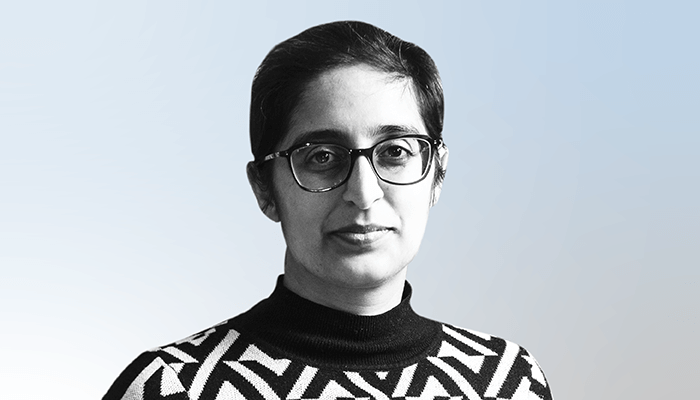
It’s often said that learning is a lifelong process and, as such, we’re constantly gaining knowledge as we navigate life. I’ve had a very varied career – one in which I have had the privilege of working across the globe in hospitals, private practice, commercialized research, on a medical ship, and teaching before finally moving into academia. I have learned from each of my postings and the experiences that they offered, and I use them to inform my thought processes, future steps, and my research (which is grounded in clinical work). However, although we all develop our own knowledge base over the course of our lives, we are ultimately limited by those same lives – both in terms of the time we’ve spent and the scope that our personal experiences cover. In short, if we go it alone, we won’t get very far.
I currently cover three areas of research: gene therapy and outcome measures, the psychological impacts of vision loss, and the neuroscience of low vision. Through my PhD, which was in clinical neuroscience, and the research I’ve undertaken since then, I’ve gained some insight into the brain and its functions – particularly pertaining to the visual pathways – however, a great deal of neuroscience still goes over my head! If I was currently conducting neuro-ophthalmological research alone, this lack of knowledge would be a problem. However, I have teamed up with expert neuroscientists who have been studying in the field for far longer than me and are able to bring their proficiency in neuroscience to strengthen the collective knowledge of the research team. In the same way, I am able to bring my visual and disease knowledge as well as my clinical experience to the table.
I’m a big believer in collaboration. For one thing, I simply enjoy working with different people, but when I work within multidisciplinary teams, I really see the benefits of different skill sets and viewpoints being brought together. I’d argue that we’ve entered an era of medicine in which multidisciplinary teams are essential; after all, the “low-hanging fruit” has been plucked, so most modern research is based on multiple, incredibly complex principles, which demands different skill sets and knowledge. Moreover, if you fail to seek and consider different viewpoints, how do you know that you’re plugging all of the possible pitfalls and weaknesses? How can you be sure that you’re completing good and effective work and considering adequate perspectives? In my view, you cannot.
At the recent European Reference Network Meeting in Belgium, I gave a talk that explored the negative impact that the siloing of research groups has on the outcomes of trials. Over the past 10 years, whilst conducting gene therapy trials, I observed that, because an insufficient number of vision scientists and optometrists are being included in the discussion and the planning of trials, basic visual acuity charts are still being used to measure the outcome. It is for this simple reason that, despite the considerable amount of money and energy invested into the development of new therapies, many of these trials are failing. This is despite developments made by optometry and vision science in the development of outcome measures, as these are not reaching the decision makers. This work was completed by a different group of professionals that are not given the same importance as clinical characteristics of disease.
So yes, there are benefits to multidisciplinary research. But facilitating such relationships and collaborations is easier said than done. I completed a project with a group of immunologists that looked into these challenges. We found that, though there are numerous factors that hinder the fostering of such collaboration (including funding and the limited availability of clinician time), one of the biggest preventative factors is the existence of hierarchies.
Let me explain. The forming of collaborations is often a very personality-based task; you want to find somebody with whom you get on and build a strong working relationship. Unfortunately, in building relationships, we naturally gravitate towards people who are similar to us or people who think like us – those with compatible personalities with a similar breadth and depth of understanding. We end up sourcing collaborations within a bubble of our own (subconscious) construction. And though working in that bubble offers comfort, it separates from other disciplines, skill sets, and viewpoints – while putting marginalized groups at an inherent disadvantage.
The harsh truth: there is no simple solution to this problem – but it will likely require a significant change in the culture of how connections are formed and a great deal of buy-in from people at every level. Without such drastic steps to better incorporate a wider knowledge base and new voices, medicine, as a discipline, will find itself standing still rather than moving forward as it clearly should.
As a brown woman who has trained as an optometrist, I have been the perennial outsider, even with all my extra training and qualifications. Although the view from the outside is one I hope fewer people will have to see as time progresses, I am aware that my point of view may be different from yours – but it is one that I am willing to share. And I’ll consider yours too, of course as that will help me with my blindspots.
